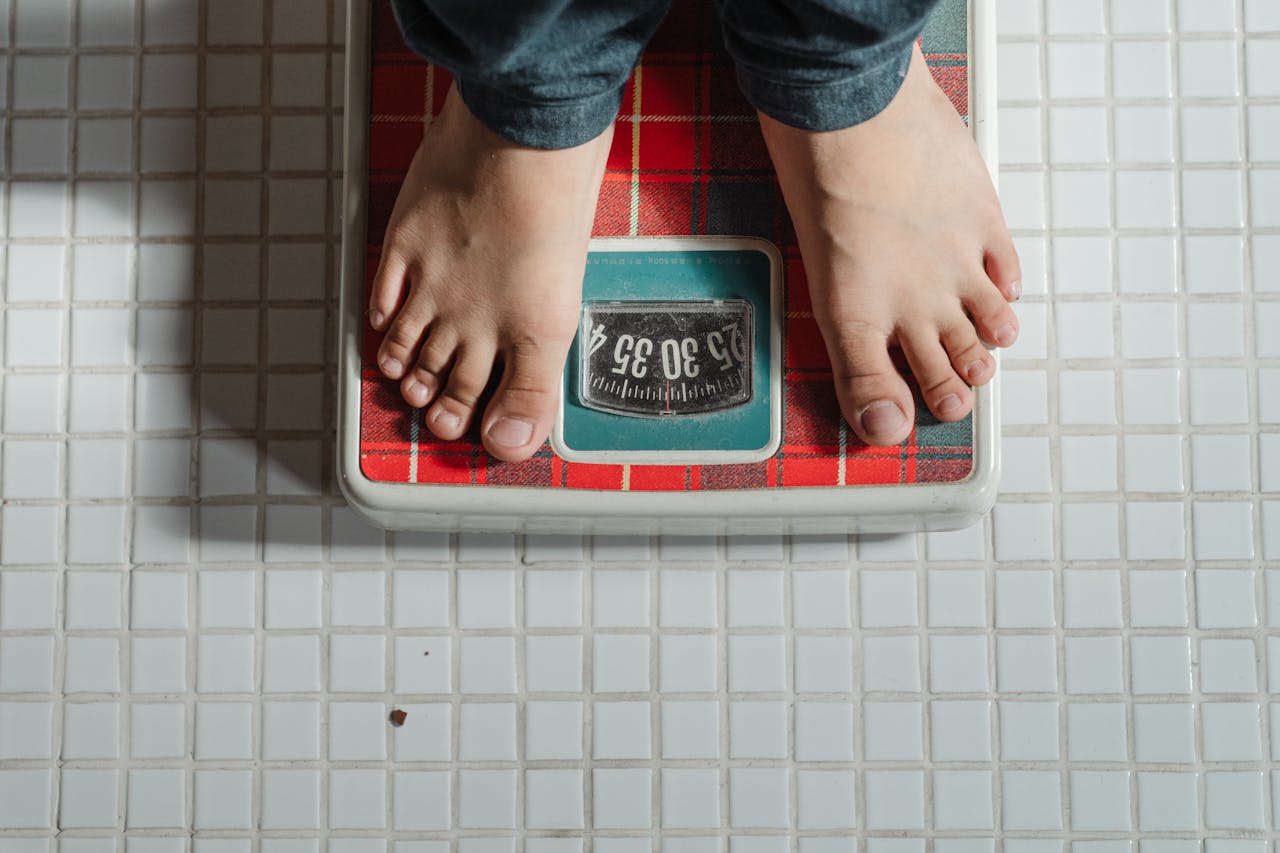Ozempic and other GLP-1 drugs are reshaping food, beauty, alcohol, and belonging. From snack sales to body ideals, marketers are rebranding around the “Ozempic Nation.”

Why Everyone’s Obsessed with Smelling Edible
Ever notice how the most popular lotions and body sprays lately don’t smell “fresh” or “clean” — they smell like birthday cake, brown sugar, or freshly baked cinnamon rolls? It’s not hygiene. It’s marketing. And it’s working.
Sweet, food-inspired scents aren’t just having a moment — they’re having a behavioral breakthrough. These products aren’t designed to feed your body; they’re designed to feed your emotions. Comfort, nostalgia, desire, safety — all bottled up and shelved in the self-care aisle. And while you’re busy choosing between “vanilla frosting” and “toasted marshmallow,” marketers are quietly rewiring your senses and cashing in on your cravings.
Welcome to the Gourmand Era
In the world of fragrance, gourmand is the technical term for scents that mimic edible indulgence — rich vanilla, spiced caramel, maple syrup, even birthday cake. But don’t be fooled by the frosting. These aren’t “fun” scents. They’re deeply emotional ones. And their meteoric rise is less about smelling good and more about feeling something.
As noted in a Forbes article from March 2025, food-inspired beauty products have exploded in popularity alongside the use of GLP-1 drugs like Ozempic and Wegovy. These medications suppress appetite, rewire reward systems, and leave users with fewer opportunities to indulge.
Enter: scented indulgence. A way to scratch the itch without breaking the fast.
Smelling like cookies has become the new eating cookies — a sensory substitution for indulgence we’ve been trained to crave.
The Scent-Memory Feedback Loop
Scent is our most primal sense. It skips the rational brain and heads straight for the hippocampus and amygdala — the areas responsible for memory and emotion. Which means a whiff of buttercream lotion doesn’t just smell nice. It unlocks something.
Maybe it’s baking with your grandmother. Maybe it’s the warmth of the kitchen when you came home from school. Maybe it’s nothing you can name, but it feels familiar, safe, sweet. And that’s all marketers need.
The fragrance industry has long understood this, but in recent years it’s gotten creepily precise. Brands now employ behavioral scientists and scent psychologists to map specific emotions to specific olfactory triggers. Your cinnamon roll body wash isn’t just a fun scent. It’s a deliberate portal to emotional recall — and a profitable one.
Who Wants to Smell Like Dessert? (Spoiler: A Lot of People)
If you think these scents are aimed at teens and TikTokers, you’re only half right. One Redditor who sells handmade body products noted that while young girls love her “Cinnamon Roll” lotion, her most loyal fans are women in their 60s and up.
And it makes sense. Research shows that as we age, our sense of taste and smell diminishes — but sweet is the last to go. Add that to a lifetime of scent-linked memories and a cultural history of women expressing love and labor through baked goods, and you’ve got a demographic primed to embrace vanilla-sugar self-care.
This isn’t a trend. It’s a generational scent cycle. And marketers are finally catching up.
From Scarcity to Sentimentality
Here’s where it gets gross — in the FADS sense of “manipulative marketing dressed as self-care.”
Many gourmand products are sold as limited editions. Not because of real supply issues, but because of manufactured scarcity. If you fall in love with “Salted Caramel Dream” lotion and it disappears from shelves next month, what do you do?
You hoard. You stalk eBay. You feel something weirdly close to grief. And you become more susceptible the next time a seasonal scent drops.
As we covered in the original FADS Book chapter on food, scarcity plus nostalgia is a marketing power play that dates back centuriesPart1-Food-Introduction. The emotional urgency to consume before it’s gone isn’t about logic — it’s about loss. It’s about the memory that scent evoked and the fear that you won’t find it again.
In a consumer economy built on planned obsolescence, even your feelings are subject to seasonal rotation.
So, Is It About Sex? Kinda.
You didn’t think FADS would miss the sex angle, did you?
The marketing of self-care has always walked a tightrope between intimacy and insecurity. As we’ve shown in our blog, products that promise to make us more desirable often do so by making us feel undesirable first. But gourmand scents flip the script — they’re less about seduction and more about self-soothing.
Still, don’t underestimate their sensuality. Scent is a core part of attraction, and smelling like vanilla bean frosting can communicate warmth, sweetness, and even a hint of erotic fantasy. That’s not an accident. Fragrance designers understand that “comfort” and “desire” are not mutually exclusive. They’re intertwined — especially in a culture that represses appetite while fetishizing indulgence.
Smelling like dessert doesn’t just say “I’m cozy.” It says “I’m safe. I’m sweet. I’m exactly what you want.” Whether that’s for you, or someone else, is beside the point.
Final Take: You’re Not Just Moisturized — You’re Marketed
So no, you’re not imagining it. The reason you smell like a bakery isn’t because you love baked goods — it’s because baked goods represent everything you’re wired to crave: comfort, care, love, warmth, memory, indulgence, and desire. All wrapped up in a product that promises to smooth your elbows and soothe your soul.
But don’t be fooled.
You’re not just wearing lotion.
You’re wearing longing.
And the scent? That’s the sales pitch.
They’ve got their hooks in you.
FADS rise quickly, burn hot and fall out. They say you’re fat, you’re no fun, you need to relax, and you might even die alone.
In fact, FADS bank on the fact that you already believe all of that.
Ready to learn how it works?


